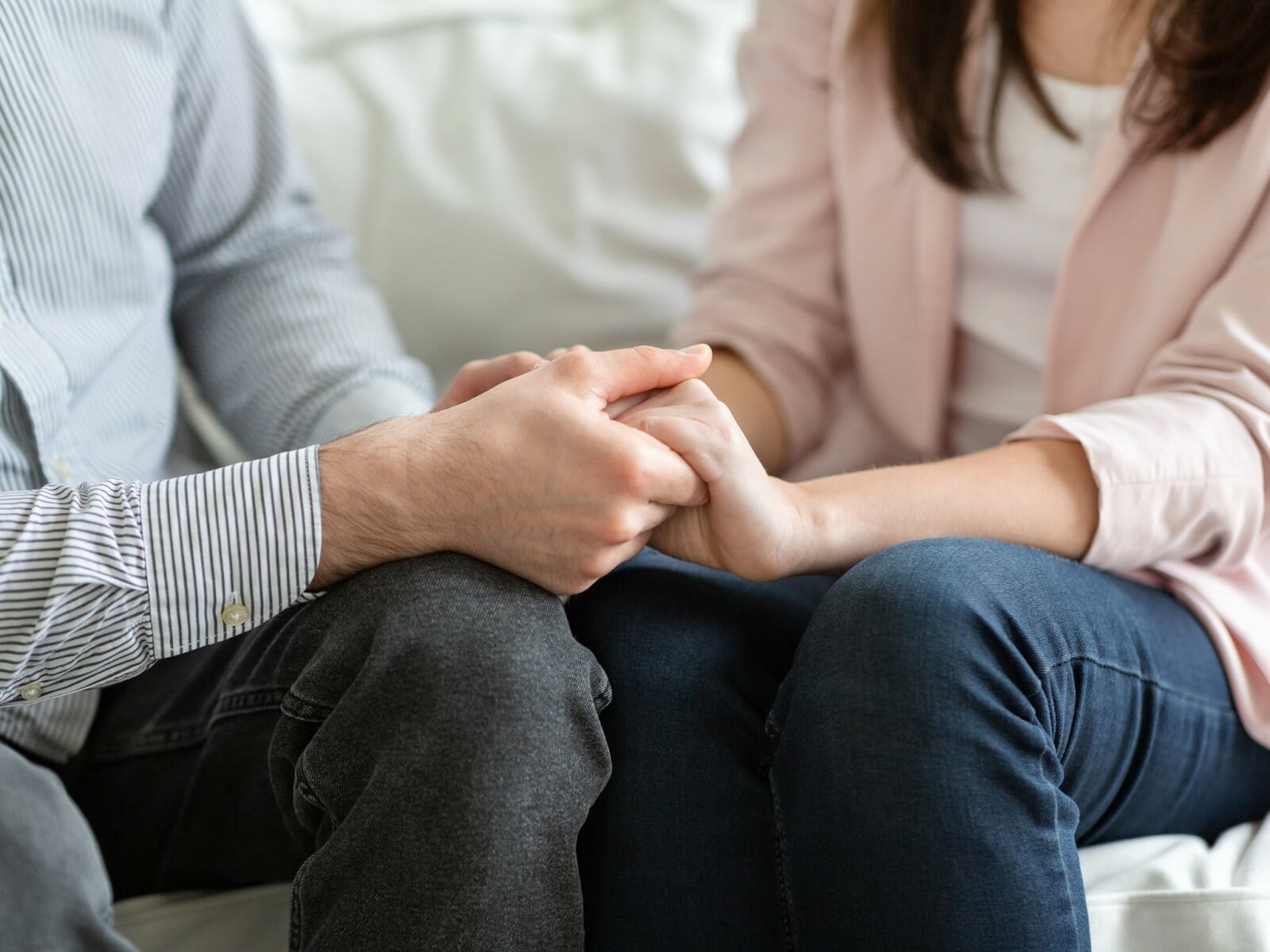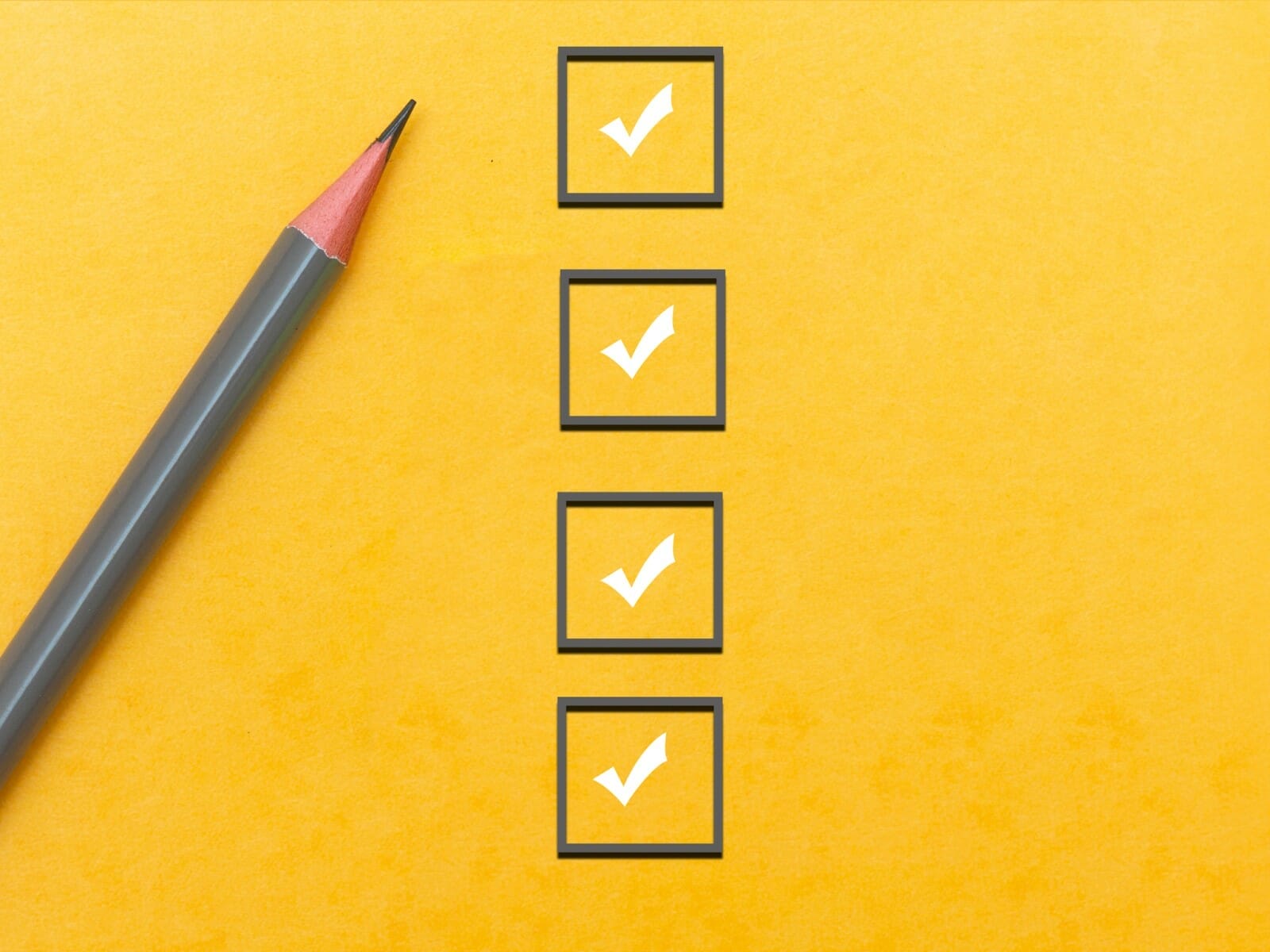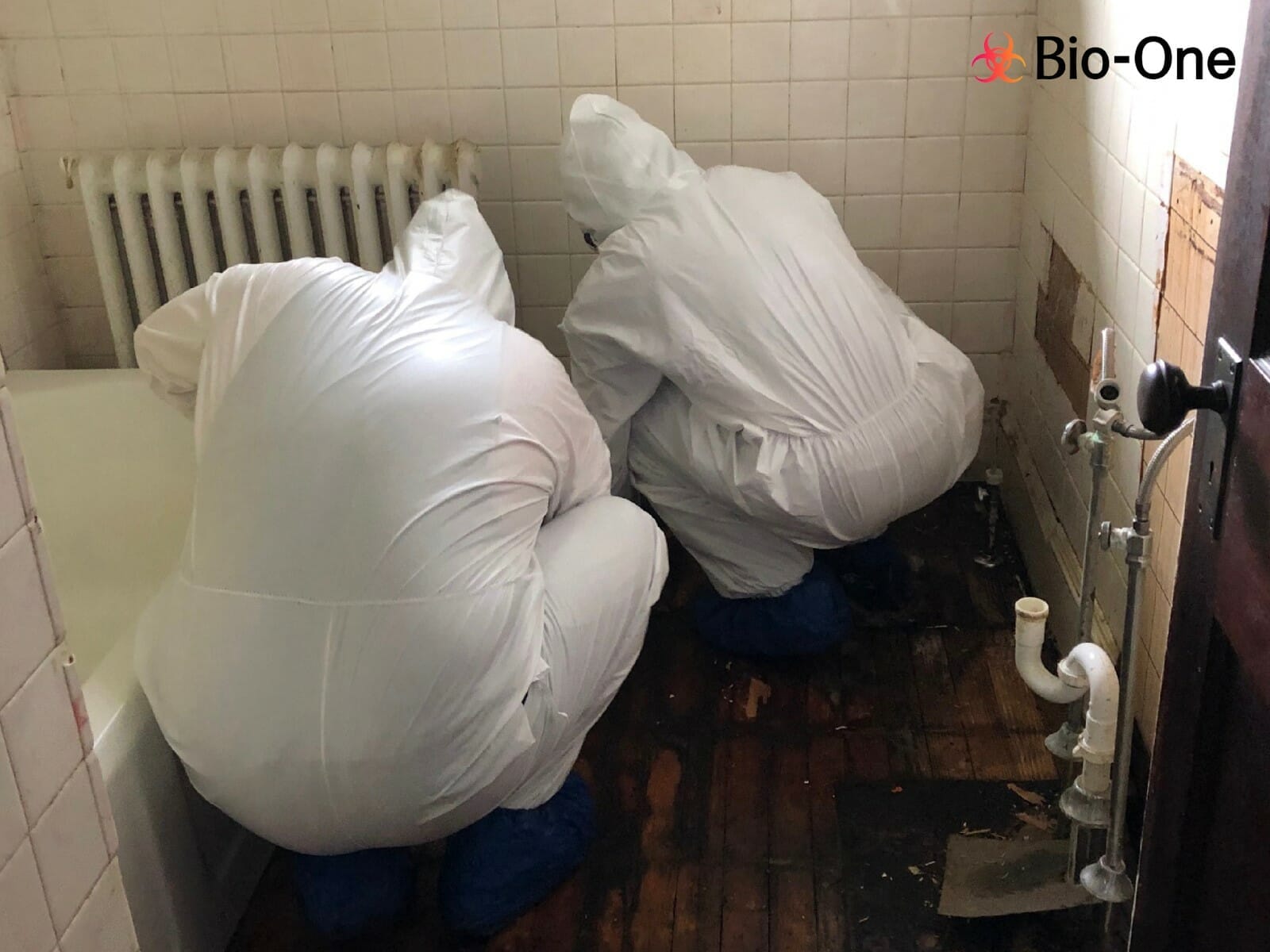
Suicide is a difficult topic most people prefer to avoid altogether. Our societal aversion to the topic means most people don’t know what they need to do if the unthinkable happens.
Unfortunately, in spite of the best efforts of many, suicide happens. This leaves surviving loved ones to navigate a confusing and difficult healing and cleanup process.
Many resources offering help following suicide launch right into how to cope with grief. But if you are still in the phase of trying to manage the logistics, you may be looking for different information.
As a biohazard cleanup company, our work at Bio-One often involves families coping with the loss of a loved one to suicide. Because of this, we strive to do our part to help by providing some helpful information for navigating this difficult time.

If you are here because you need information, it’s likely you’ve already contacted emergency services about the death. After the police, coroner, and/or medical examiner have released the scene and your loved one’s body has been transported to a medical facility there are a few things that need to happen next:
Suicide cleanup is a job that should be entrusted to professionals. If you are currently in the position of needing to arrange for cleanup, please contact Bio-One right away at 303-625-6543.
We have all the equipment and expertise needed for the job, and we will treat the scene, the situation, and any belongings with respect and care. We will also help you to get the insurance process underway to get cleaning costs covered by your homeowner’s insurance. Through this difficult and traumatic time, this is the last thing you should have on your plate. We are here to help.

Even though you are not participating in the cleaning itself, understanding what’s involved can be an important part of the grieving process. Some people may need to know exactly what is involved in cleaning up the scene.
The time required for a clean-up and the extent of what’s required can vary depending on how much bio-matter is left at the scene and how long the body was there. Bio-One has a tried-and-true process to restore the scene to a safe and habitable state in a way that is both thorough and respectful.
Our process is as follows:
We hope these details will help to take some weight off your mind during this difficult time so you can focus on any preparations you need to make.
With cleaning out of the way, your remaining responsibilities may focus on informing family and friends and/or making funeral arrangements. Be sure to take care of your own mental health as you take the next steps. You are going through something very painful, but hopefully the help from your family, friends, loved ones, and community will ease some of the stress.

Bio-One is here for you as you weather this tragic time. We hope our service will help ease your burden. Though the circumstances may be difficult, we are honored to be a part of your community at this incredibly challenging time.
If you or someone you know may be considering suicide, contact the National Suicide Prevention Lifeline at 1-800-273-8255 (en español: 1-888-628-9454; deaf and hard of hearing: dial 711, then 1-800-273-8255) or the Crisis Text Line by texting HOME to 741741.

According to the American Psychiatric Association, suicide is the 10th leading cause of death in the United States and the second leading cause of death (after accidents) for people aged 10 to 34. And according the CDC, published reports from 2020 suggest that the pandemic has had a negative effect on children’s mental health.
“Beginning in April 2020, the proportion of children’s mental health–related ED visits among all pediatric ED visits increased and remained elevated through October. Compared with 2019, the proportion of mental health–related visits for children aged 5–11 and 12–17 years increased approximately 24%. and 31%, respectively.”
Researchers have yet to link recent suicides to the pandemic since 2020 suicide data is not yet available. But on the ground, there's growing concern.
The February 2021 NPR article “Child Psychiatrists Warn That The Pandemic May Be Driving Up Kids' Suicide Risk” explores possible correlation. Takeaways include:
For ways to help kids at risk, NPR encourages readers to read Part 2 of their story, “Make Space, Listen, Offer Hope: How To Help A Child At Risk Of Suicide”.
Suicide Prevention Resources
Survivors of Suicide – What to Do Next
The loss of a loved one by suicide can be a deeply painful and traumatizing experience; however, it’s important to know that everyone experiences suicide loss in their own way. As you begin the process of healing, consider reading the American Foundation for Suicide Prevention’s guide for to talk to others about what happened and identify ways to take care of yourself.
Additionally, if you have lost someone to suicide, there may be a cleanup required. There is no need for family or friends of the loved one to be further traumatized or overwhelmed with trying to figure out how to clean the impacted area. Bio-One is here for you. Learn more about Bio-One’s suicide remediation services.
If you or someone you know may be considering suicide, contact the National Suicide Prevention Lifeline at 1-800-273-8255 (en español: 1-888-628-9454; deaf and hard of hearing: dial 711, then 1-800-273-8255) or the Crisis Text Line by texting HOME to 741741.